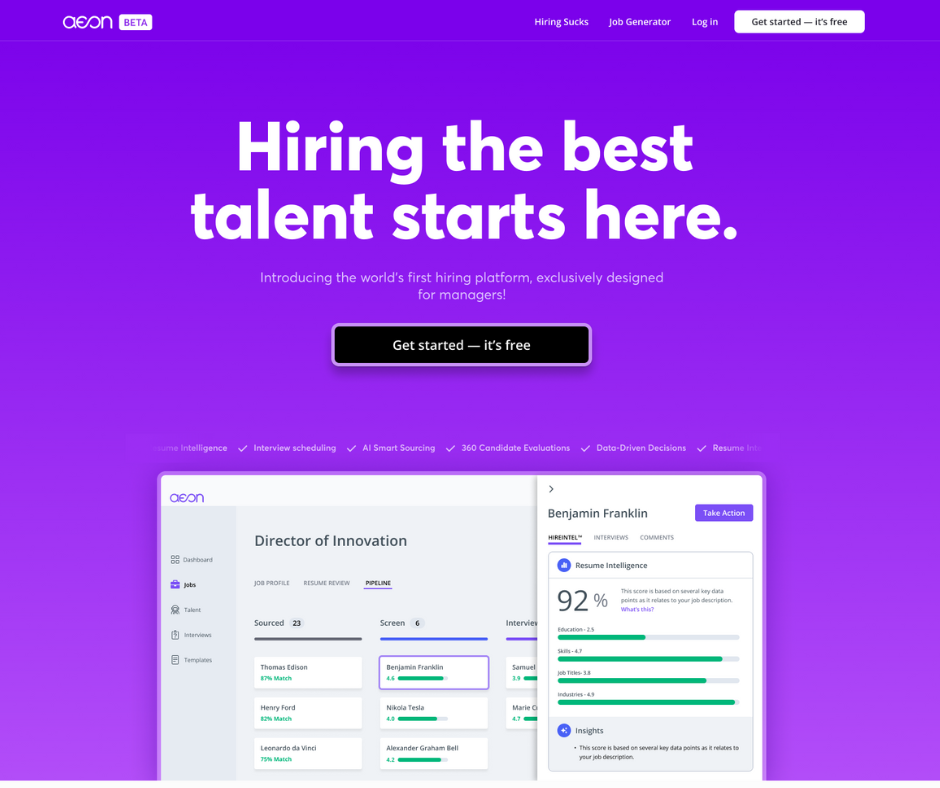Data is the lifeblood of any modern organization. It drives business decisions, enables innovation, and enhances customer experience. However, not all data is created equal.
Data quality and data integrity are two crucial aspects of data management that affect how reliable, useful, and secure data is.
In this blog post, we will explore the differences between data quality and data integrity, why they matter, and how to achieve them.
What is Data Quality?
Data quality refers to the degree to which data is accurate, complete, consistent, valid, unique, and timely. Data quality measures how well data meets the expectations and requirements of the data consumers, such as business users, analysts, or customers.
Data quality is a relative and subjective concept, as different data consumers may have different expectations and requirements for the same data.
For example, a marketing team may need data that is timely, unique, and accurate to run effective campaigns, while a finance team may need data that is complete, consistent, and valid to generate accurate reports. Data quality is also dependent on the context and purpose of data use. For example, data that is suitable for historical analysis may not be suitable for real-time decision making.
Data quality is important because it affects the outcomes and value of data-driven activities.
Poor data quality can lead to:
- Misinformed decisions and actions
- Lost opportunities and revenue
- Damaged reputation and trust
- Increased costs and risks
- Reduced efficiency and productivity
On the other hand, high data quality can lead to:
- Improved decisions and actions
- Enhanced opportunities and revenue
- Increased reputation and trust
- Reduced costs and risks
- Increased efficiency and productivity
What is Data Integrity?
Data integrity is a subset of data quality that focuses on the accuracy, consistency, and completeness of data. Data integrity ensures that data is not corrupted, modified, or deleted in an unauthorized or unintended manner. Data integrity also ensures that data is accessible and retrievable by authorized users and applications.
Data integrity is achieved by implementing processes, rules, and standards that govern how data is collected, stored, accessed, edited, and used.
These processes, rules, and standards are part of data governance, which is the practice of creating, updating, and enforcing policies and procedures that ensure data quality and integrity throughout the data lifecycle.
Data integrity is important because it affects the reliability and trustworthiness of data.
Poor data integrity can lead to:
- Erroneous or incomplete data
- Data loss or corruption
- Data breaches or leaks
- Compliance violations or penalties
- Legal or reputational consequences
On the other hand, high data integrity can lead to:
- Accurate and complete data
- Data protection and preservation
- Data security and privacy
- Compliance adherence and assurance
- Legal or reputational benefits
How to Achieve Data Quality and Data Integrity
Achieving data quality and data integrity requires a holistic and proactive approach that involves people, processes, and technology. Some of the best practices for achieving data quality and data integrity are:
- Define and document data quality and integrity requirements, metrics, and standards for each data source, type, and use case.
- Implement data quality and integrity checks and validations at every stage of the data lifecycle, from data collection to data consumption.
- Use data quality and integrity tools and platforms that automate, monitor, and report on data quality and integrity issues and trends.
- Establish data quality and integrity roles and responsibilities, such as data owners, stewards, and custodians, who oversee and ensure data quality and integrity.
- Educate and train data users and stakeholders on data quality and integrity best practices, policies, and procedures.
- Review and update data quality and integrity processes, rules, and standards regularly to reflect changing data needs and expectations.
Next Steps
Data quality and data integrity are two essential aspects of data management that affect how reliable, useful, and secure data is.
If you want to learn more about how to improve your data quality and data integrity, our technology consulting solutions were designed with you in mind.
.png)


.jpeg)